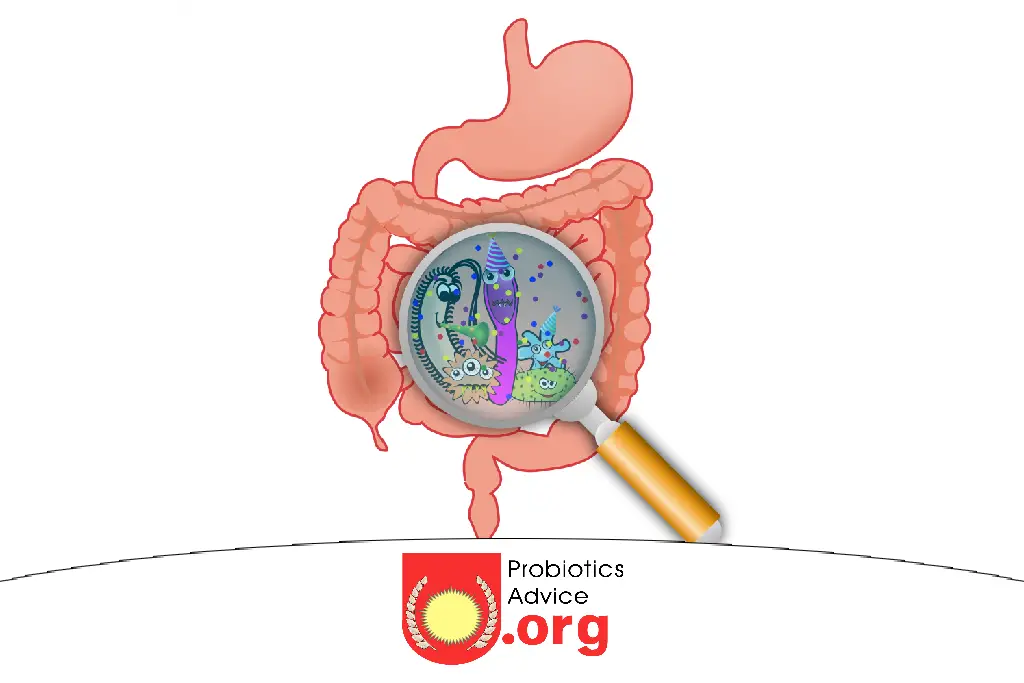Probiotics for bacterial vaginosis
A Probiotic is a supplement containing living microorganisms that, when administered in adequate amounts, confer a health benefit to the host. They are primarily found in live food like yogurt or fermented milk products.
Bacterial vaginosis (BV) occurs when an overgrowth of one type of bacteria called Gardnerella vaginalis.
BV is not a sexually transmitted infection or disease. However, if left untreated, its consequences include an increased risk of pregnancy complications and the acquisition of sexually transmitted diseases.
What are the symptoms of bacterial vaginosis?
There aren’t any symptoms for BV that always show as such, and many people aren’t aware of it. There are times when symptoms disappear or are so subtle that it’s hard to notice.
The primary sign of BV is the presence in the form of thin vaginal fluid with a strong stink of fish. The discharge could be clear, dull gray, or greenish. It could also be foamy. The smell of fish is usually noticeable following vaginal sexual contact.
There might be some burning or itching when you pee. However, most people don’t feel any obvious discomfort or irritation.
BV can be treated with antibiotics but otherwise tends to resolve itself in the absence of sexual activity.
One alternative to pharmaceutical drugs involves the administration of healthy bacteria in the form of a Probiotics supplement.
According to scientific studies, taking a Probiotics supplement is just as effective in getting rid of BV.
The main benefit of using Probiotics to treat BV instead of antibiotics is that it does not have any negative side effects and will not cause antibiotic resistance.
Goal: Bacterial vaginosis (BV) is the most frequent cause of genital discomfort for women in their reproductive years and can cause various complications. The treatment for BV is typical with metronidazole and Clindamycin.
However, this method doesn’t stop its recurrence, which is the primary problem for patients. In addition, the amount of lactobacilli found in vaginas of women suffering from BV is much less than is present in normal women.
Thus efforts have been made to normalize vaginal flora using either vaginal or oral lactobacilli administration. The aim of this study was to examine the research evidence on the effectiveness of probiotics in the treatment and prevention of BV.
Materials and Methods: Published randomized controlled trials were reviewed through PubMed, Science Direct, and the Cochrane Database between 1990 and the year 2011. The search terms were lactobacillus, urinary tract infections, and probiotics.
The results: Probiotics that are consumed orally can be able to reach the vaginal tract following they have been excreted from the rectum.
Probiotics for bacterial vaginosis: Vaginal administration permits the immediate replacement of probiotics to help improve the vaginal microbiota and the use of certain adhesion sites on the epithelial surfaces that line the urinary tract that results in the preservation of a pH that is low and production of antimicrobial compounds like hydrogen peroxide and acid.
The administration of Lactobacillus acidophilus, rhamnosus GR-1, and Lactobacillus fermentum, RC-14 at an amount of at least 10 CFU/day for a period of two months has been proven to give patients greater results.
The effectiveness of a 10 day course of antibiotics was compared with the effectiveness of a ten day course of Probiotics in eliminating BV.
The result was that the success rate for both treatment methods were similar and that there was no significant difference in symptoms or complaints between the two groups.
Consequently, women with BV who don’t present symptoms and do not wish to become pregnant can use a Probiotics supplement successfully to treat their condition just as effectively as they would an antibiotic pill.
However, if symptoms of BV are present or the woman wishes to become pregnant, treatment with antibiotics would be advised for safety reasons.
Suppose you have bacterial vaginosis and wish to treat it using a Probiotics supplement. In that case, you should make an appointment with your doctor first, who will perform a vaginal swab test to determine whether antibiotic therapy is necessary.
Probiotics for bacterial vaginosis
If it is not, they can advise on an appropriate course of action.
You can find out more about the treatment of bacterial vaginosis by visiting this website.
Sources:
1) https://www.mayoclinic.org/diseases-conditions/bacterial-vaginosis/diagnosis-treatment/drc-20352285
2) https://www.webmd.com/sexual-conditions/bacterial-vaginosis-treatment
3) https://www.webmd.com/women/guide/what-is-bacterial-vaginosis
4) https://my.clevelandclinic.org/health/diseases/3963-bacterial-vaginosis
5) https://pubmed.ncbi.nlm.nih.gov/7595261/
I hope this was helpful. Thanks for reading! If you have any questions, please comment below, and I’ll get back to you as soon as possible.
– Click here to return to the HOME PAGE of Probiotics-Advice. Be sure to visit our Facebook page at https://www.facebook.com/Probiotics-Advice-108248141744781. We want to hear from YOU! Let us know what topics you would like to see addressed in future blogs, or simply share your thoughts on the blog itself.

